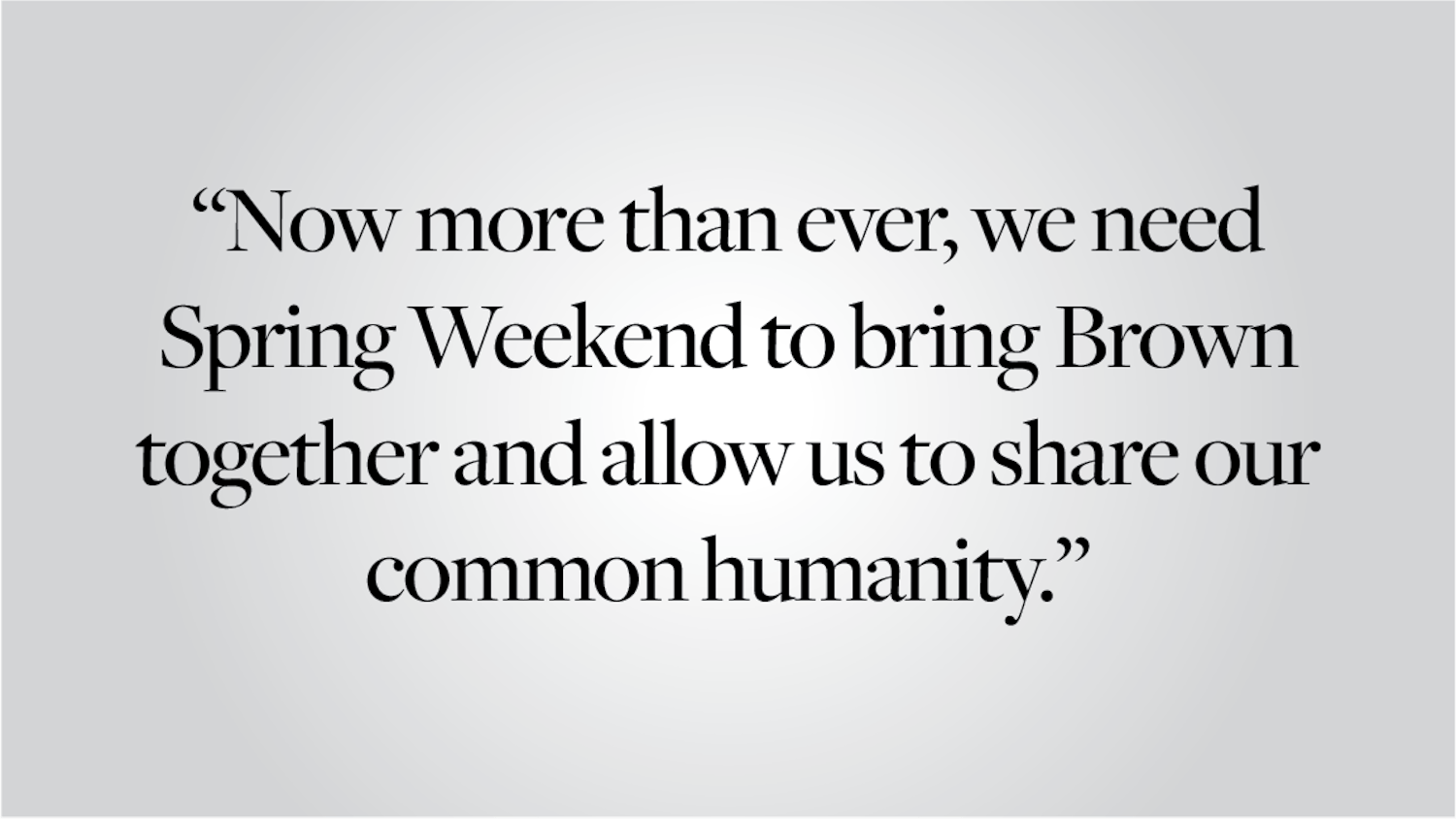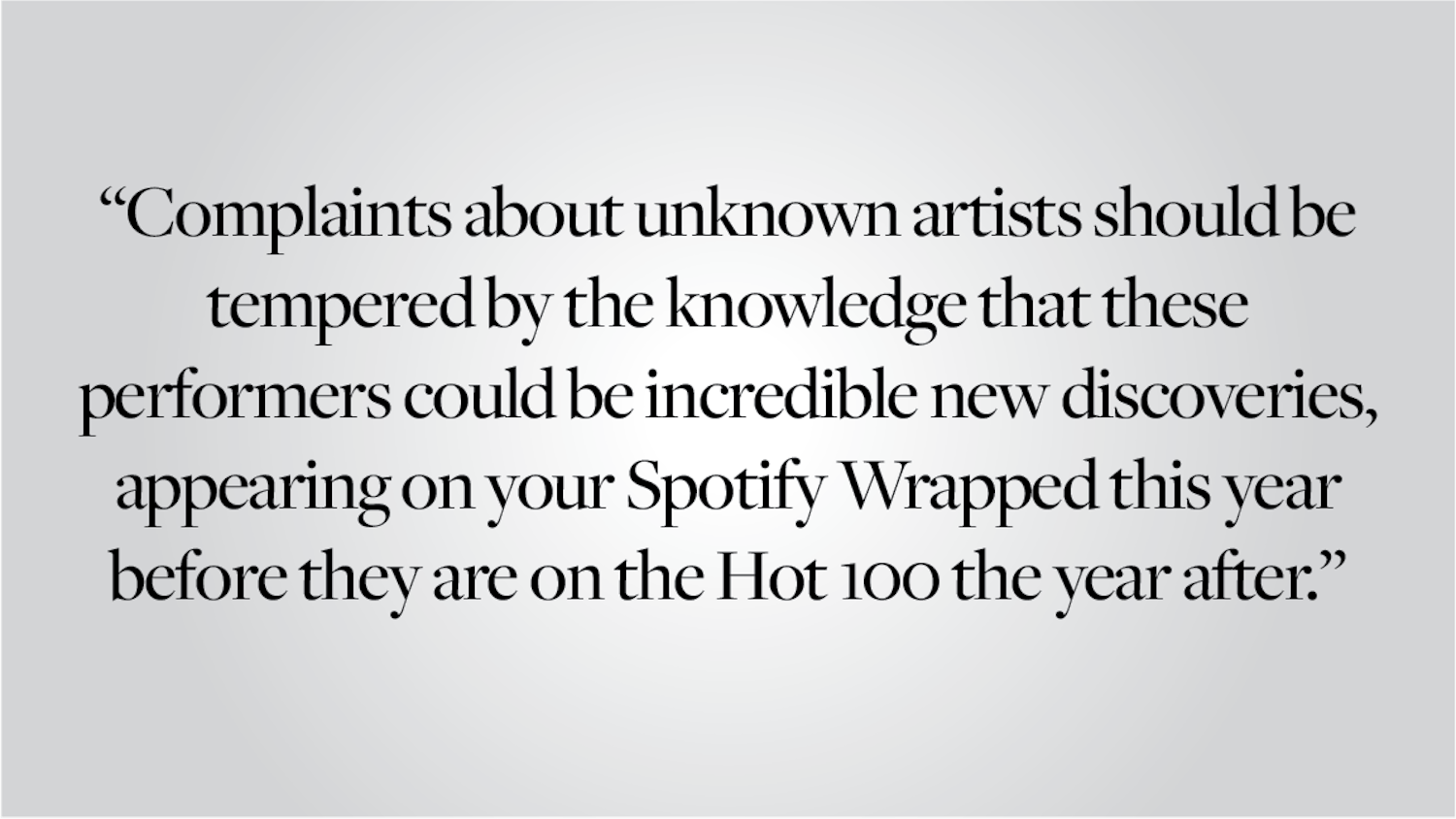In the wake of every mass shooting in this country, there are two responses: 1) We need stricter gun control legislation, and 2) we need to improve the mental health of U.S. citizens.
Both of these statements are true, but one is far more relevant to the urgent issue of gun violence in America.
Psychiatrists and researchers agree that the link between mental illness and mass shootings is weak, if it’s there at all. There are a lot of statistics to be thrown around here. When accounting for substance abuse, childhood maltreatment and living in adverse environments, researchers found that the mentally ill were actually less likely to be the perpetrators of violence than the general population. If someone were to magically cure the United States of bipolar disorder, clinical depression and schizophrenia — the three mental illnesses with the highest proclivity for violence — violence in the nation would only decrease by 4 percent. Only 1 percent of gun homicides are mass shootings committed by people with mental illnesses. And contrary to popular perception, people with mental illnesses are 14 times more likely to be the victims of violence in the United States than to be the perpetrators of violence.
The obvious question is, if these mass murderers aren’t mentally ill, what could possibly motivate them to commit such horrible acts? Whereas an analysis of 235 mass killings from 1935 to 2014 revealed that less than a quarter of mass killings are committed by people who could be considered mentally ill, people with a history of domestic abuse have committed over half of mass shootings between 2009 and 2016. The Sutherland Springs shooter: history of abusing women. The Las Vegas shooter: history of abusing women. The Orlando shooter: history of abusing women.
Another strong indicator of gun violence is a history of a hateful presence on social media or membership in hate groups. Why are we talking about Parkland shooter Nikolas Cruz’s mental health instead of about the swastikas found carved into his magazines? Why was the Charleston shooting a “random act of violence” and not an act of terrorism? If Second Amendment advocates want to blame anything but guns in the aftermath of mass shootings, they should be looking at domestic abuse and white supremacy, not mental illness.
Of course, the best way to tackle gun violence is with gun control legislation, according to many major studies. Banning assault weapons and large-capacity magazines, preventing concealed carry on K-12 school grounds, strengthening background checks. These measures are, thankfully, being proposed in many states, but unfortunately they’re not the only policies being seriously considered or put in place.
An example of a policy that misses the point can be found right here in Rhode Island. On Monday, Feb. 26, Gov. Gina Raimondo signed an executive order establishing a statewide “red flag” policy. The order, part of a larger push for gun control legislation since the Parkland, Florida shooting last month, directs law enforcement to consider what the order calls “red flags” in assessing whether a person is dangerous. According to the text of the order, these factors “include but are not limited to the following red flags:
i. Recent acts or threats of violence by the person against self or others, including statements, videos or photographs posted on social media sites;
ii. A pattern of prior acts or threats of violence by the person against self or others;
iii. The criminal history of the person, including arrests and convictions for crimes of violence, whether felonies or misdemeanors, and crimes involving domestic violence, stalking or harassment;
iv. Previous no-contact orders, restraining orders or protective orders issued against the person;
v. Unlawful or reckless use or brandishing of a firearm; and,
vi. Evidence of recent acquisitions of, or ready access to, firearms.”
Current, or a history of, mental illness is correctly left off this list. But again, this list is not comprehensive — deciding what constitutes a “red flag” is left to law enforcement agencies and officers, making people with mental illnesses — and, frankly, people of color — vulnerable to discrimination. We should be looking at policies that keep the focus on guns rather than scapegoating people with mental illnesses.
Other states have instituted policies that focus on mental health at the expense of effective gun legislation, or are planning to. Florida Gov. Rick Scott has proposed legislation that would ban people with mental illnesses from buying firearms, and he recently signed a law passed under the mantle of protecting our schools from gun violence — a law that includes a provision appropriating $69 million for mental health assistance in schools. Again, we absolutely do need more mental health support in our schools and communities, but to finally fund these things because of a local school shooting blatantly blames people with mental illness for the horrific actions of individuals. This increases the stigma around mental illness already perpetuated by the language we use to talk about mass murderers: “psycho” and “sick” and “crazy.” What’s the point of these policies if they won’t actually prevent mass shootings? When trying to end gun violence in the United States, our focus shouldn’t be on mental health — it should be on domestic abuse, white supremacy and gun control.
Jenna Israel ’21 and Julia Rock ’19 are members of the Brown Progressive Action Committee and can be reached at jenna_israel@brown.edu and julia_rock@brown.edu, respectively. Please send responses to this opinion to letters@browndailyherald.com and op-eds to opinions@browndailyherald.com.




